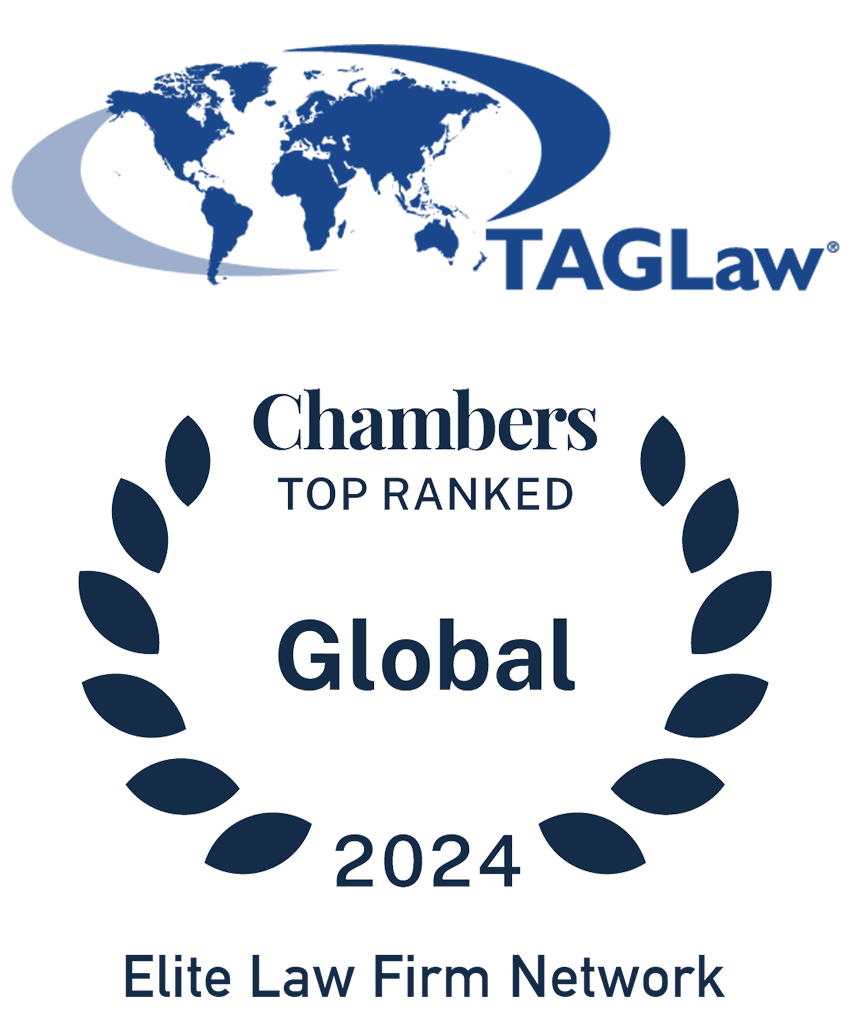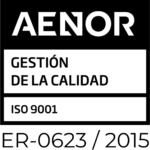Green light for anonymous reports in companies
View the PDF In Article nº 8/20 we already mentioned the great relevance of the European Directive 2019/1937 on the protection of persons who report through the Whistleblowing Channels and the first court decisions have not been long in coming. Supreme Court ruling 35/2020, of 6 February, deals with the anonymous report received by the person responsible for Human Resources, in which the commission of a fraud offence within the company was [...]


















